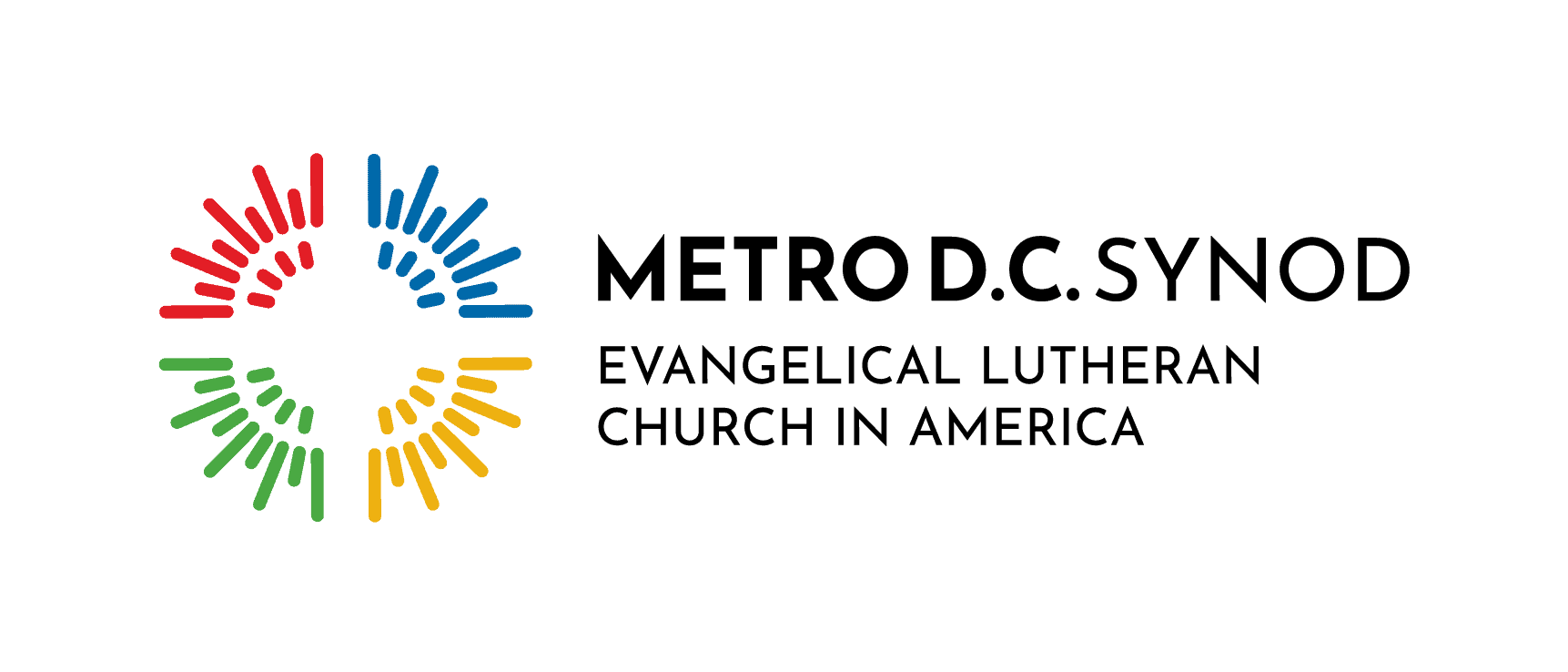Holy Saturday Devotional by Deacon Julie Stecker

Matthew 27:57-66
When it was evening, there came a rich man from Arimathea, named Joseph, who was also a disciple of Jesus. He went to Pilate and asked for the body of Jesus; then Pilate ordered it to be given to him. So Joseph took the body and wrapped it in a clean linen cloth and laid it in his own new tomb, which he had hewn in the rock. He then rolled a great stone to the door of the tomb and went away. Mary Magdalene and the other Mary were there, sitting opposite the tomb.
The next day, that is, after the day of Preparation, the chief priests and the Pharisees gathered before Pilate and said, ‘Sir, we remember what that impostor said while he was still alive, “After three days I will rise again.” Therefore command that the tomb be made secure until the third day; otherwise his disciples may go and steal him away, and tell the people, “He has been raised from the dead”, and the last deception would be worse than the first.’ Pilate said to them, ‘You have a guard of soldiers; go, make it as secure as you can.’ So they went with the guard and made the tomb secure by sealing the stone.
Reflection
Have you ever entered a room and immediately forgotten why you walked in there in the first place? I do this all. the. time. I stand there, looking around, hoping for a clue. I know I came in here for a reason, I wasn’t just wandering around. More often than not, if I go back through the door, to the place where I was standing when the thought was formed, it comes rushing back and I can hold onto it as I attempt the task again. This is because doorways are liminal spaces – a transitional place or state. A doorway, the threshold of a room, is neither the room you’ve left nor the one you’re entering, and that physical boundary has the power to interrupt our memory, no matter how recently a thought was formed.
But liminal spaces aren’t only physical spaces. They’re emotional ones, too. When we experience something like the death of a loved one, a move to a new community, graduation or a job transition, a years-long global pandemic…our brains can struggle to make meaning as we grapple with the way it used to be and the new reality before us.
Holy Saturday is a liminal space. In the church, we tend to focus on Friday and Sunday (or maybe on Saturday night, really late, if you’re an Easter Vigil kind of person) because there are concrete events that happened those days for us to commemorate. But the transitional, liminal nature of Saturday speaks to me more and more as I get older, as I experience loss and newness and change in ways I haven’t before. Instead of glossing over Saturday, I want to sit in it. I want to take the time to stand in the doorway between the old reality and the new and hold loosely to both, rather than jumping from the depth of one to the other. I want to wonder in the mystery of what has been and what will be, because the boundary between them is never a sharp line – it’s blurry, it leaves room for imagination, it gives us the space we often need to make a big transition.
The religious authorities try to seal off the door of the tomb. They want to keep Jesus’s body inside so no one can steal it and fake a resurrection they so clearly believed could not happen. By blocking that liminal space, they attempt more than a physical barrier to transition. They are trying to maintain the status quo of the empire around them, the one upended by Jesus’s very existence. If Jesus just stays in the tomb – literally and figuratively – they don’t need to worry about their way of life being threatened. They don’t want to imagine a new way or sit in the unknown. But I have a hunch that, throughout the day on Saturday, as they moved about their lives, even as they guarded the sealed tomb, they wondered and waited. Wondered, “what if?” Waited to see if the impossible would happen. Because they, like us, were human. Humans who exist in liminal spaces, knowing what has been and imagining what will be, whether we like it or not.
As we journey through this Holy Week, may we all find the strength and courage to embrace the liminal spaces in our own lives. May we be open to the possibilities that lie ahead, even when they are uncertain. May we let the mysteries of God surround us and remind us that we are not alone when we wonder, imagine, and wait.


